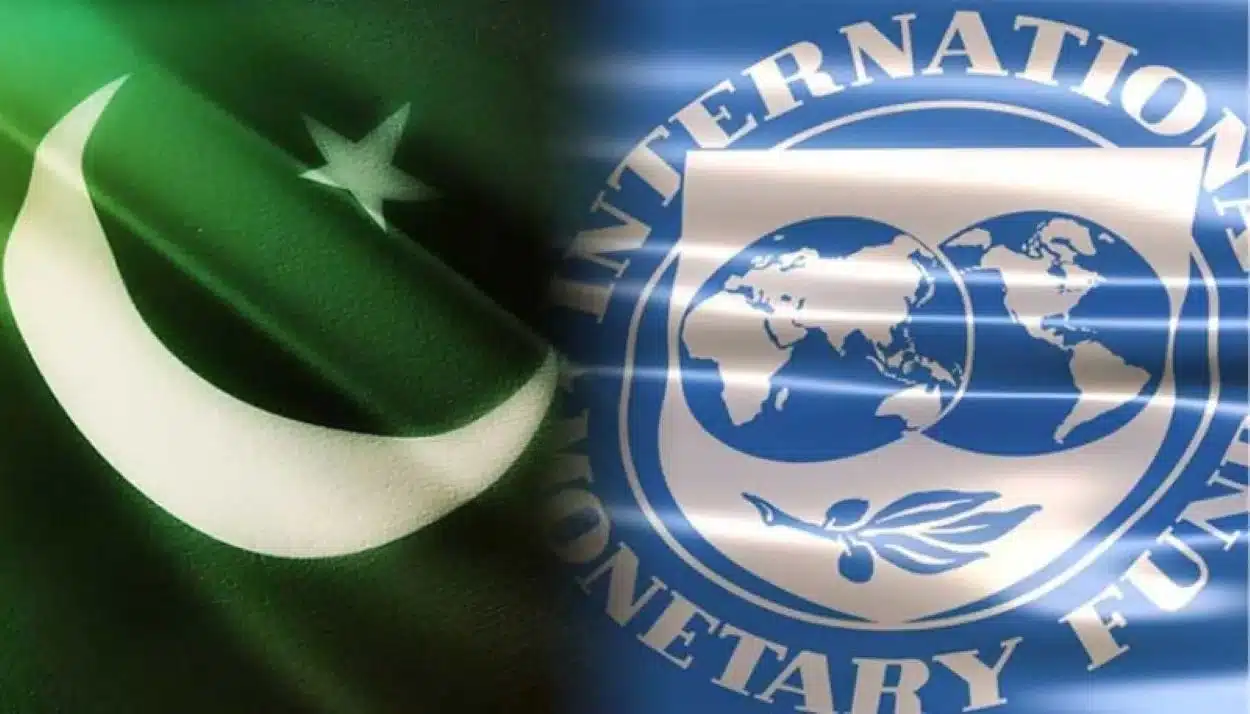Critical extra funding is required for Pakistan to conclude the lengthy ninth review of the International Monetary Fund’s (IMF) rescue package, stated the IMF on Thursday.
Securing pledges of “substantial additional financing” is a prerequisite for the IMF’s approval to disburse the held-up bailout funds that Pakistan urgently needs to tackle a severe balance of payments crisis.
The agreement at the staff level to disburse a $1.1 billion slice from a $6.5 billion IMF package has been postponed since November. This marks almost 100 days since the last staff-level delegation visited Pakistan – the longest interval since at least 2008.
During a routine press conference, IMF spokesperson, Julie Kozack, expressed appreciation for the funding already promised by Pakistan’s foreign partners.
Assistance came Pakistan’s way in March and April, with pledges from the United Arab Emirates, Saudi Arabia, and China that will partially offset the funding shortfall.
As of Thursday, the reserves of Pakistan’s central bank plummeted by $74 million to a meager $4.38 billion, barely covering a month’s worth of imports.
“Our team is deeply involved with the Pakistani authorities, given that Pakistan is indeed facing a very difficult situation,” stated Kozack.
She elaborated on the economic challenges that Pakistan is grappling with, including stagflation, sizable financing needs, and a series of setbacks such as devastating floods.
An IMF spokesperson informed Bloomberg News that Pakistan has pledged to forgo implementing a cross-subsidy program. The government also plans to refrain from introducing new tax exemptions and has committed to “permanently allow” a market-based exchange rate for the rupee currency, as informed by the IMF to Bloomberg on Thursday.
Earlier in March, Prime Minister Shehbaz Sharif suggested that wealthier consumers should be charged more for fuel. The revenue raised from this initiative would be utilized to subsidize prices for the underprivileged who are struggling with inflation. This proposed scheme is perceived as one of the reasons for the delay in executing the IMF bailout.
The additional news feed was taken from “Reuters.”






